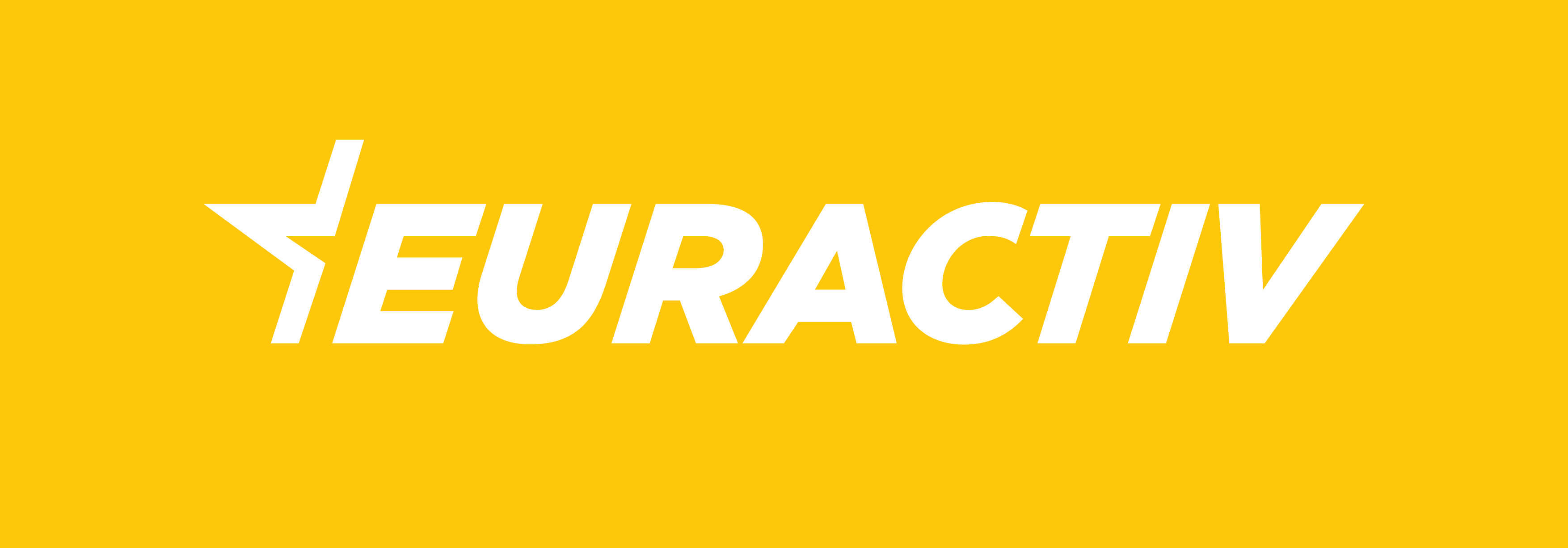How to close the corporate accountability gap on sustainability

If businesses are to take corporate sustainability seriously, they will need to add relevant sustainability expertise to their boards, argue Nicolas Sauviat and Sanjini Jain.
Nicolas Sauviat and Sanjini Jain are researchers at the World Benchmarking Alliance (WBA).
On 1 June, the European Parliament is due to take a plenary vote on a Corporate Sustainability Due Diligence Directive (CSDDD), legislation which aims to foster sustainable and responsible corporate behaviour throughout global value chains. If it’s formally adopted, it will require companies to identify – and, where necessary, prevent, end or mitigate – the adverse impacts of their activities on human rights, in terms of issues like child labour and worker exploitation, as well as the environment, for problems like pollution and biodiversity loss.
The Kunming-Montreal Global Biodiversity Framework (GBF) was heralded internationally as the ‘Paris moment’ for nature to lead the world towards a more harmonious relationship between nature, people and the economy. If we have any hope of living up to this moment and fulfilling the Sustainable Development Goals (SDGs) – the blueprint for how we achieve a better, fairer and greener world in the short time left – the private sector must take responsibility for its actions.
One key issue in this vote up for debate is whether now is the time to challenge boardroom’s traditional focus on generating wealth for its shareholders, and to reorientate their focus to provide value for all its stakeholders.
With scientists projecting that the crucial 1.5°C global average temperature threshold will be temporarily breached in just five years, we are running out of time to change direction. But do boards have the needed skills and expertise are required to meet this challenge, and should legislation be used to accelerate their action?
This could be a crucial moment to close the corporate accountability gap on sustainability. As things stand, business action remains largely voluntary. And yet, we cannot keep this planet viable for life without the private sector.
At the World Benchmarking Alliance (WBA), we assess corporate progress against the SDGs. From our experience we know that company boards are key to action on sustainability. Only by ensuring that they have the right knowledge and expertise can the accountability gap be closed, and progress made.
As things stand, most big companies have set sustainability targets. Many have pledged to a net-zero carbon objective. However, very few actually provide the necessary details on how they will go about accomplishing these ambitions. The data reported by businesses often lacks substance. Knowingly or not, many companies oversell their sustainability credentials.
A major reason for this is a skill and knowledge gap, especially within companies’ top executive forces. This impacts the boardroom’s understanding and subsequent ability to address Environmental, Social and Governance (ESG) risks. Indeed, a recent survey by the professional services experts at PwC found that only 27% of boards fully understand ESG risks.
Our own research delivered even worse findings. Assessing corporate progress on protecting the natural world, WBA’s Nature Benchmark examined the governance structures of 400 of the world’s largest companies. It looked into whether they have accountability systems in place for achieving their sustainable development goals – including governance bodies with the right expertise to understand the material pressures on nature created by their business activities.
While nearly 70% of companies assigned responsibility for their sustainability strategy to their board, just 2% of boards possessed the relevant sustainability expertise. This stark discrepancy highlights the fact that boards are accepting their sustainability responsibility without a clear understanding of what it actually entails.
Boards must rapidly adapt to their new sustainability role, lest they become an obstacle to their companies’ futures. In this context, we desperately need corporate board members with CVs beyond banking and accounting. Specialist scientific committees can also help provide boards with credible information.
Businesses should ensure that boards have the expertise to tackle their most relevant sustainability topics. This could be done by demonstrating that they have undertaken training by a certified organisation. Alternatively, they could have board members with previous experience in specialist organisations, like consulting firms or NGOs, or have authored academic studies.
As we hurtle towards irreversible environmental tipping points, we hope that European legislators pass the CSDDD with a legal mandate for boards to have a duty to oversee and sign off on their due diligence policies. This mandate should be accompanied by further guidance to ensure boards demonstrate relevant ESG expertise. That’s how to close the corporate accountability gap on sustainability and drive action.
Now is the time for boardrooms to shift from their traditional focus on generating wealth for their shareholders towards generating value for all stakeholders. After all, no company will profit from an uninhabitable planet.
cover photo: A fire burns in a in Porto Velho, Brazil, 09 September 2019. /FERNANDO BIZERRA JR [Fernando Bizerra Jr (EPA-EFE)]





